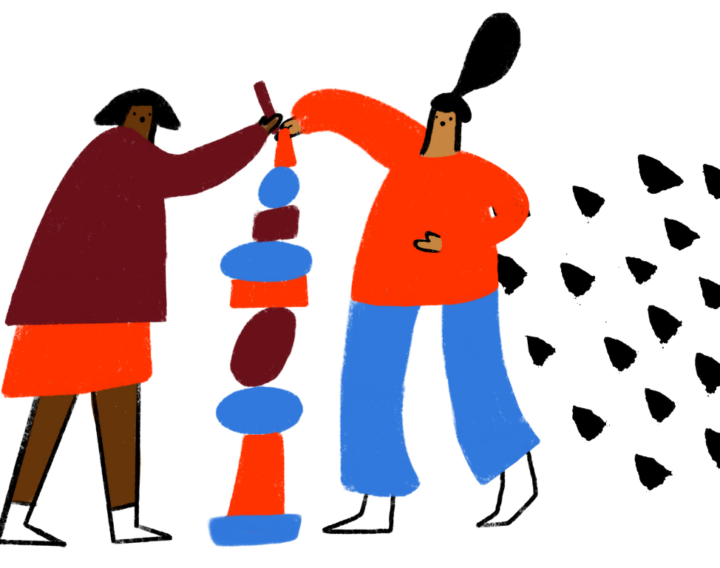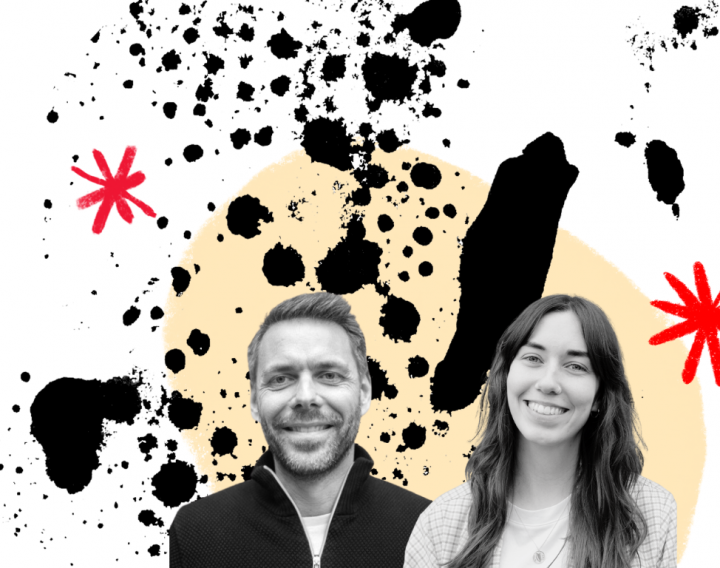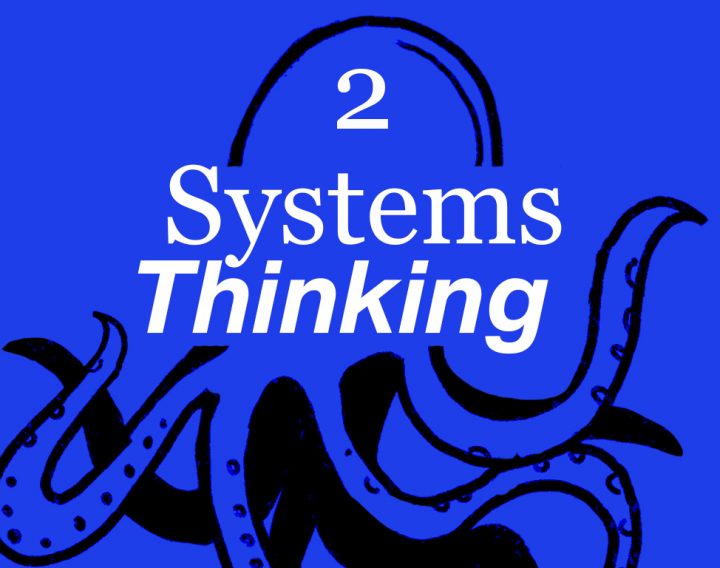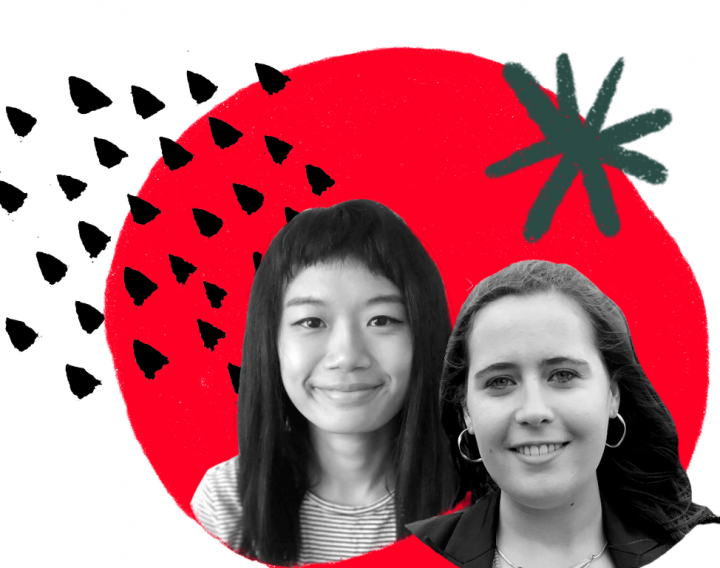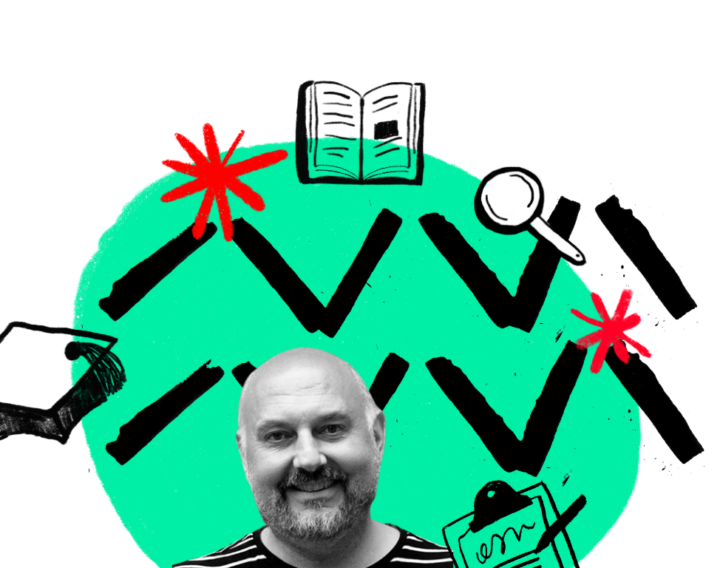
Digital tools for complex needs: a retrospective
How Snook and Samaritans began research and design on the Samaritans Self-Help app, a digital tool for people in crisis across the UK
A pre-pandemic problem
Cast your mind back to 2018, pre-pandemic, and you might remember that mental health apps were just starting to capture the imagination.
“We’d looked into a few digital products in the mental wellbeing space, but there weren’t many specifically for suicidal thoughts. We realised there was an opportunity to help an underserved group.”
After researching some international examples, the Samaritans team realised there was a real need for this type of support. For people who don’t want to call on the phone – people with autism, severe social anxiety or who have difficulty identifying thoughts and feelings.
An online option presented a strong alternative to calling the Samaritans helpline.
Although there were some apps designed around mental wellbeing, few addressed crisis support or suicidal ideation.
Snook and Samaritans join forces
Snook and Samaritans formed a close-knit team to explore the challenge together.
“It was great, we had a really sensitive, thoughtful and committed team. There were four of us, and I co-located in the Snook offices for a few months, which was really great. It was helpful because I was the Samaritans rep in the design team, and I learned a lot from working with them.”
The team applied a “furthest first” approach, working to understand the experiences of people who would be most likely to benefit from a digital option, alongside people with a higher risk of suicide who might struggle to use services.
It is never easy finding people with a niche overlap of complex needs and experiences, but Samaritans brought in specialist partners to do this. The teams worked closely together, doing rapid sprints of research and testing through regular joint working.
Some of the Samaritans team took part in Snook ‘crits’ (constructive, critical feedback on a project in a safe space with colleagues), giving Samaritans staff a chance to upskill and learn from a team with a variety of experiences.
Reaching the right user groups
During the research phase, the Snook teams worked with the Samaritans teams, charity partners and networks to find people from the right user groups, for example someone with autism who has experience of suicide ideation, who was willing to take part in the research.
The samples were small, aiming for around 6 people each, and inevitably there was some drop out. But this initial work helped the teams develop a deep understanding of what individuals might need or seek from the app.

Discovering digital tools
From here, Snook worked with Samaritans to develop wireframes, early concepts and test prototypes together.
The Snook team also helped map out the value proposition for Samaritans internally, how the digital product could sit alongside other Samaritans services and what it could offer individuals seeking help.
Snook continued to offer support while Samaritans worked through a private beta testing phase, and in May 2020, the Self-Help app was launched. Now, it is one of Samaritans’ core products.
Evolving for every user
The values that brought this digital tool into being have stayed strong as its evolved. Melody explained that Samaritans have since tweaked the app so that features can now be used by people who haven’t created an account.
A ‘no sign up’ option means it’s harder to know the demographics of people using the app and gather data, but anonymity and confidentiality are key to the Samaritans service.
Like any project, there were challenges and difficulties along the way, but ultimately this initial research helped shape a product that is used across the UK.
To date, over 105,000 people have created Samaritans Self-Help accounts – and that doesn’t include the people who use it anonymously.
Samaritans’ CEO, Julie Bentley has recently commented on the need for Samaritans to evolve with the digital environment and ‘match this pace of change’. They’re working with Nominet to scale up their digital transformation.
How Snook can help
More and more organisations are looking to digital or digitally-enabled services. And human-centred research and design has to be the starting point.
Kat Dixon is Third Sector Lead at Snook, a research and design studio built to make the world more human.
